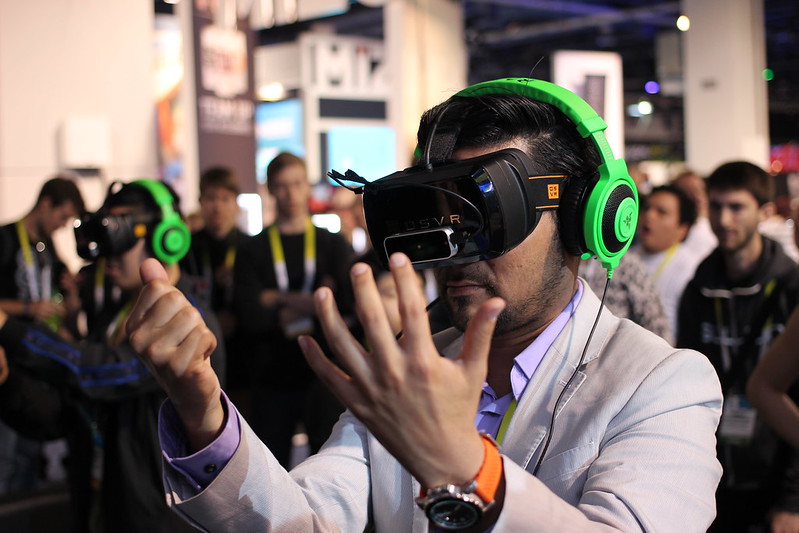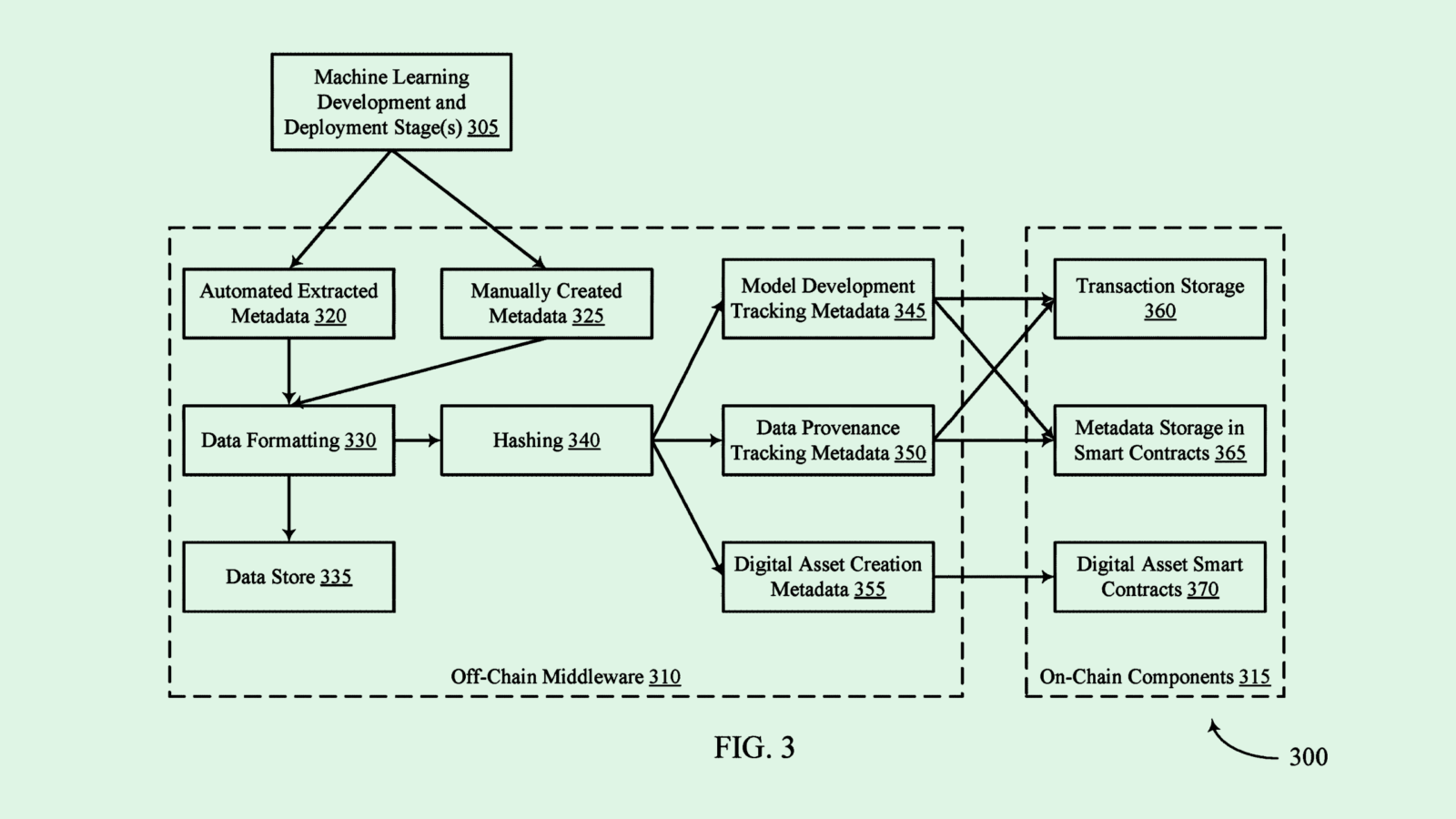
Sign up for smart news, insights, and analysis on the biggest financial stories of the day.
First came alternative facts. Now there are alternative virtual realities.
Meta and TikTok parent company Bytedance are tripping over each other to court developers to create games and other software for their competing virtual reality devices. The hope is that somebody, anybody, can create a so-called killer app to finally convince the masses to walk around with a giant clunky visor on their heads.
Snap Back to (Virtual) Reality
After spending ungodly sums of very real money (including $16 billion last year), Meta is still struggling to take the metaverse into the mainstream. And there may already be some small internal recognition that VR may have been the wrong tech sub-industry abbreviation to go all-in on as ChatGPT continues to impress and large-language models transform the world. Zuck and Meta have already not-so-quietly shifted focus to their own AI efforts. And it makes sense: Shipments of the company’s Quest headsets declined by over 90% year-over-year in Q4 2022, according to estimates from International Data Corp., to around 310,000. For reference, Nintendo routinely sells around 10 million Switch consoles per quarter.
Meanwhile, the device has only one hit game: the “Fruit Ninja”-esque “Beat Saber,” which has roughly 1.5 million monthly active users. ByteDance, meanwhile, skipped the internal development route and took a page out of Zuck’s playbook by acquiring headset maker Pico in 2021. Its sales quickly rivaled Meta’s, with 290,000 units shipped in Q4 last year.
Now, according to a recent Wall Street Journal report, ByteDance is spending its TikTok earnings to beef up Pico’s game library — all while developers grow tired of Meta’s purportedly cumbersome VR app store procedures:
- “It’s definitely exciting to see a major player come into the market and to challenge the way that Facebook has been doing things,” Ben Outram, founder of VR game-maker Squingle Studios, told the WSJ.
- Sources told the WSJ that ByteDance is offering some VR developers up to $25,000 to bring their titles to Pico’s app store.
A Comet from Cupertino: Looming over the entire VR/augmented reality/metaverse industry is Apple, the undisputed king of taking tech hardware into the mainstream. But Apple’s long-rumored mixed-reality headset has been reportedly delayed numerous times. And last month, eight current and former employees anonymously spilled their concerns to The New York Times over the device rumored to retail at $3,000. Still, if any company can sell regular folk on VR, it’s the one that sold them on an iPhone, a slightly bigger version of an iPhone (the iPad), and then a smaller, wristwatch version (the Apple Watch).











